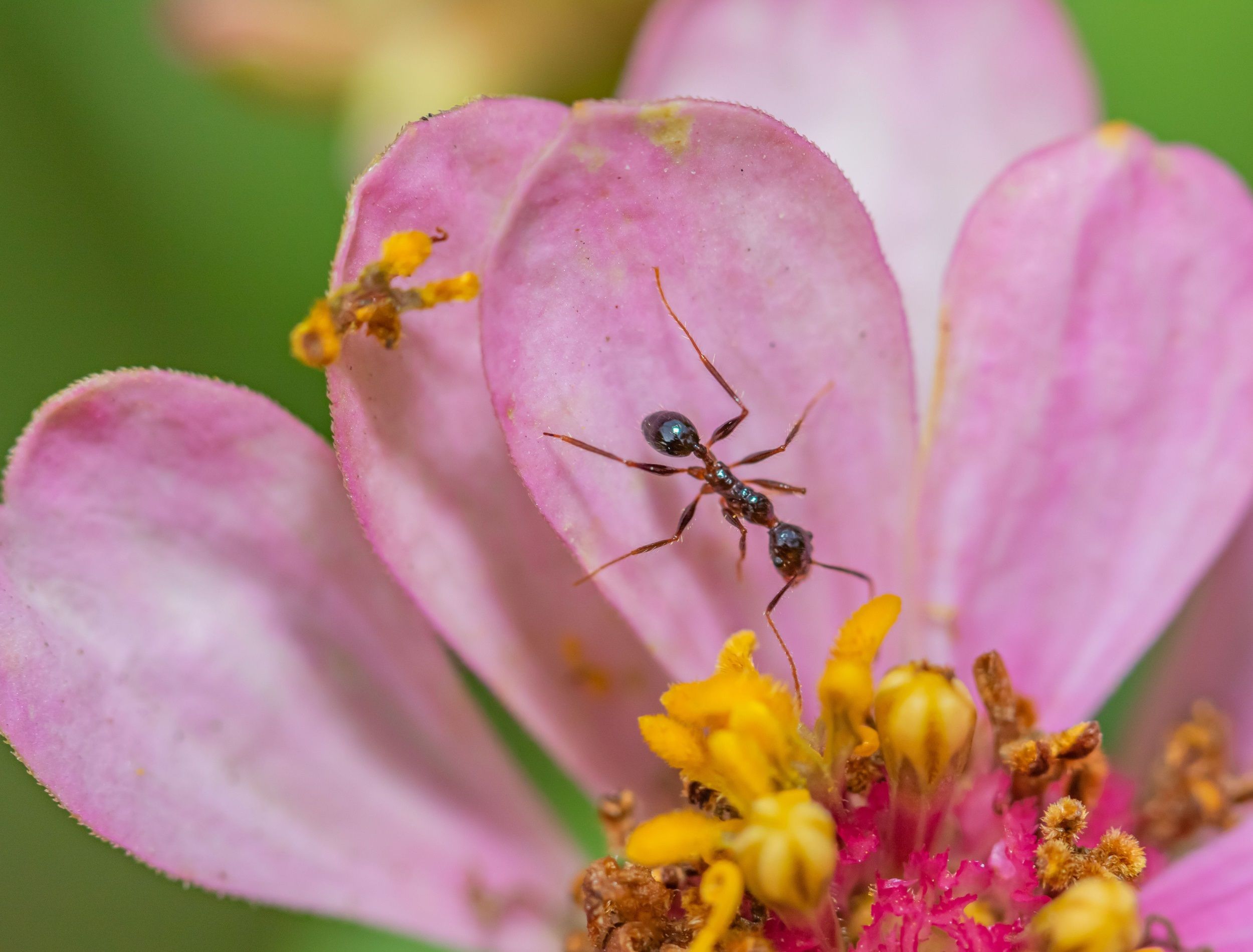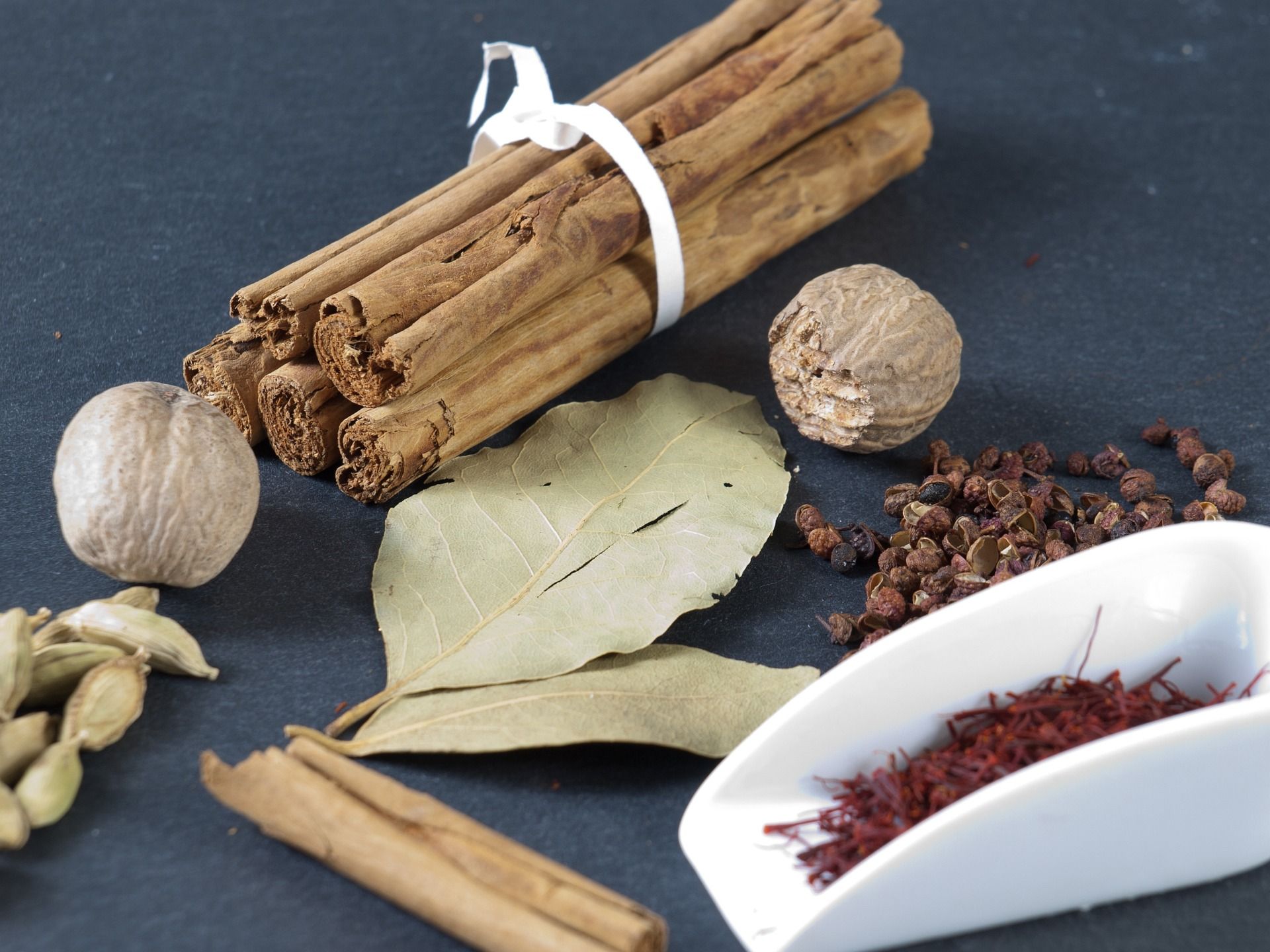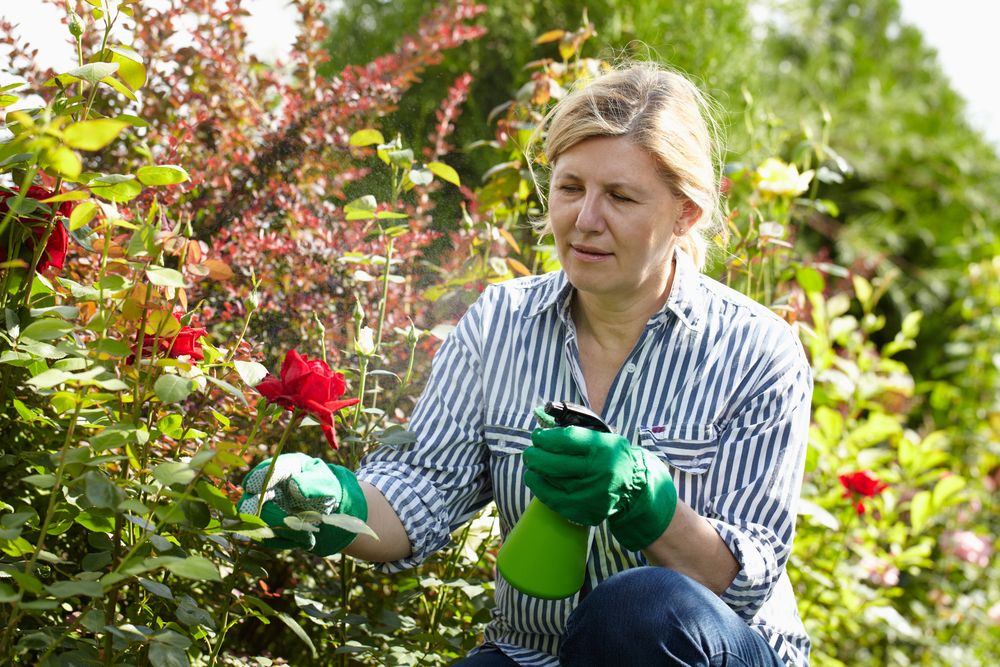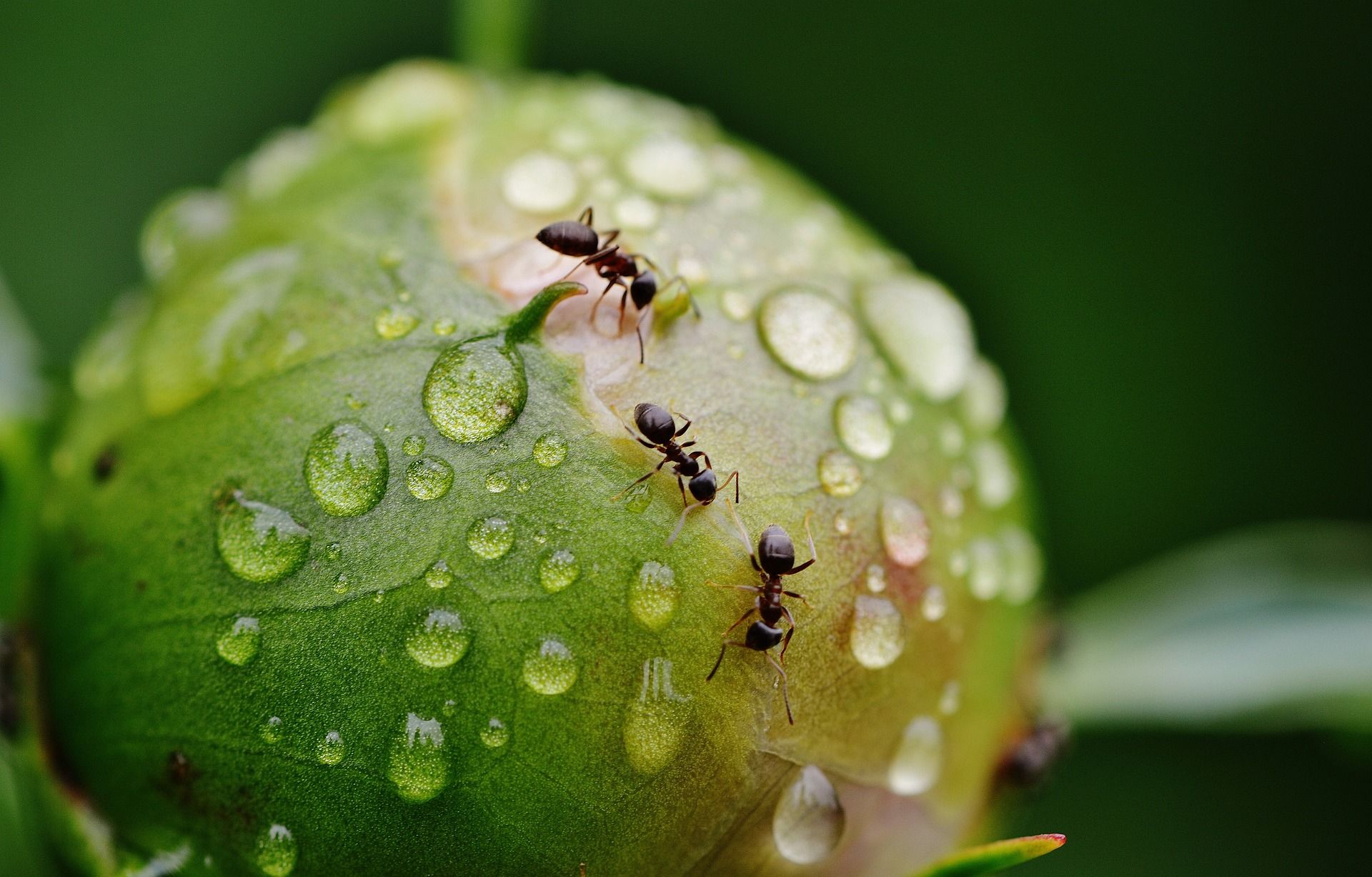Ants are a common but frustrating garden pest, wreaking havoc on plant life in your garden. While ants support a healthy ecosystem, aerating soil and speeding up the decomposition of organic materials, and infestation still has negative effects. Ants can damage the root systems and stems of your plants and increase pest populations since they protect insects like aphids.
In general, there are two methods for getting rid of ants: extermination or deterrence. No matter which route you choose, organic, natural solutions are best for the health of your plants, especially if you're treating a vegetable garden.
Learn all about the best, affordable, and natural ways to get rid of ants in your garden, along with the top tips for preventing their return below!
Cinnamon, Spice, and Everything Nice
Image credits: gefrorene_wand via Pixabay
A sprinkling of cinnamon or cayenne pepper acts as a barrier to ants. Fortunately, these seasonings, commonly used in the kitchen, won't harm your plants and are fairly inexpensive. On the flip side, it takes a few applications to see results. Scatter the option of your choice around your garden beds and plants to block the ants from climbing onto them. Eventually, they'll find a new place to call home.
You can also use dry ingredients like chili powder and coffee grinds to smother the ants. Place a pile of either ingredient over the mound of the anthill, making sure you keep an eye out for any other mounds. These should also irritate the ants, forcing them to relocate.
DIY Spray
Image credits: Michal Kowalski via Shutterstock
DIY pest control methods are some of the best because they are effective, but also because they are often affordable and don't take much time to make. To make your own pesticide spray, mix equal parts water, distilled white vinegar, and a teaspoon of dish soap. Now spray the ants and anthills you see around your yard.
Avoid spraying around plants and your lawn since vinegar is acidic and can harm your plants. With that said, vinegar is a good weed killer!
Boiling Water
Image credits: kboyd via Pixabay
Boiling water is a common solution to issues with pests in the garden. For this method, simply boil enough water to cover all the ant mounds in your yard. Then, pour the hot water directly over any ants or anthills you spot. Make sure to give them a thorough soaking to ensure the water runs deep into the ground where the ants hide.
Pro Tip: Since boiling water is also used for killing weeds, avoid pouring it directly on your plants or lawn. This method is best for anthills on walkways or paved areas of your garden.
Essential Oils
Image credits: congerdesign via Pixabay
While you might have heard that citrus oils keep cats away, they're also effective in handling pests such as ants because they're toxic to ants. You can opt to use essential oils if you already have them, or just use citrus peels from your fruits, such as oranges, limes, lemons, and grapefruits.
Either lay your peels around the garden or add several drops of citrus essential oil to cotton balls and place them where you notice ants the most. You may have to apply this weekly or even daily to ensure the scent continues to deter the ants.
You can also make a DIY insecticide spray using citrus oils. Mix 3/4 cup of orange essential oil, 1 tablespoon of molasses, 1 tablespoon of dish soap, and 1 gallon of water and pour into a spray bottle. Then, spritz around the garden and at the base of plants where you notice ants most.
Borax Bait
Image credits: Dragon Images via SHutterstock
Borax is a powdery white substance, similar to baking soda, that is often used as a cleaning agent. When mixed with water and sugar to make a paste, it has a sweet flavor that is attractive to ants. This attracts the pests, and they'll want to bring the "food" back to their queen. However, the ants are unable to digest the material, and it can damage their exoskeleton as well. All in all, borax should attract the ants, and effectively kill them once they come in contact with it.
To make the paste, combine equal parts of Borax and powdered sugar with water. Place the mixture in small lids or containers that are easy for ants to crawl into and scatter them around your yard. This should also work against other pests like cockroaches.
Remember to keep this out of reach of children and pets as it can be dangerous for them as well. Alternatively, you can replace Borax with baking soda and use the same steps.
Diatomaceous Earth
Image credits: Helin Loik-Tomson via Canva
Diatomaceous Earth is an effective, non-toxic substance that boasts many uses in your yard. You can also get rid of earwigs and other pests using this method. Sprinkle the mineral around your yard, focusing mostly on areas where you have notice ants the most. Also layer it directly over any anthills or mounds you see to kill them as they come out. Essentially, the powder penetrates the hard shells of the ants and dehydrates them.
Pro Tip: Remember to reapply after watering your plants or rainfall since it is ineffective when wet. Also, safety first! Be sure to wear a mask when working with this substance.
Preventing Ants
Image credits: Alexas_Fotos via Pixabay
While you can implement many of these methods, such as citrus oil and Diatomaceous Earth, to prevent garden ants, there are a few more ways to deter the pesky critters.
- Move all compost bins, organic waste, and trash bins away from your garden.
- Regularly weed your garden and properly maintain your lawn to keep all pests at bay.
- Eliminate damp spots and rotting wood from your garden area.
No Ten-ants in Your Yard!
With plenty of different methods for getting rid of ants, all of which require little time and attention, the problem should clear up quickly! And if you have an especially tricky case, try more than one method in conjunction with each other. Fortunately, the natural, organic options shouldn't cause any harm to your yard. Once the ten-ants are out, don't forget to put a few prevention methods in place!
Do you have any tips for ridding your garden of ants? Share in the comments below!








